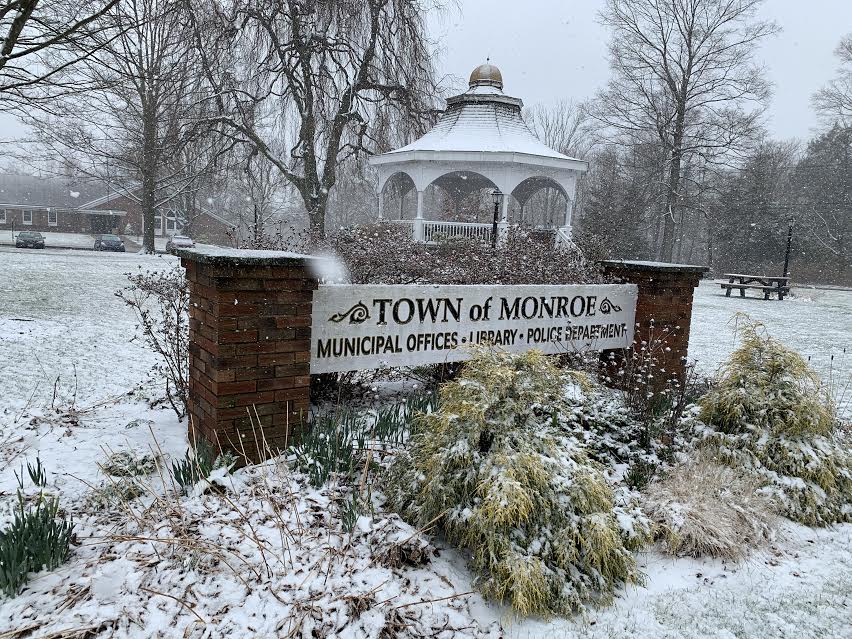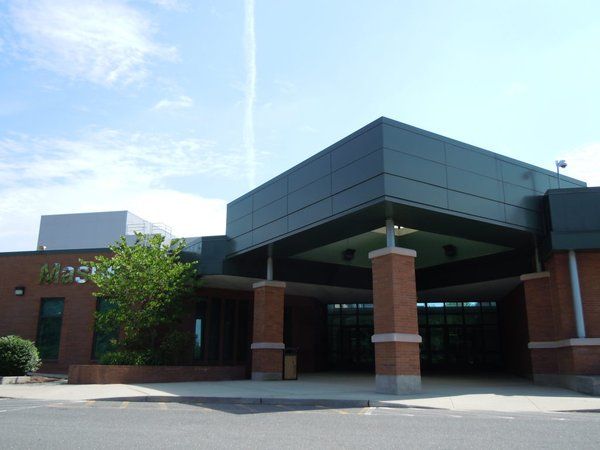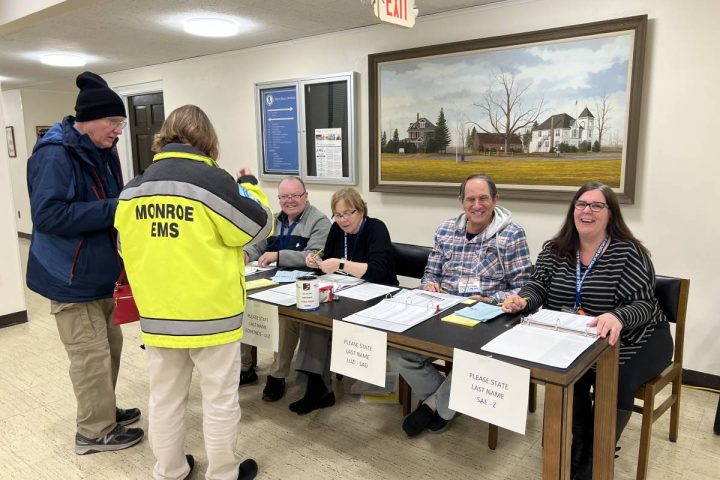MONROE, CT — A year of strong grand list growth and declining debt, a rebounding undesignated fund balance and an upgraded bond rating puts the town in a favorable position as the Town Council’s review of First Selectman Ken Kellogg’s $30.7 million municipal budget proposal begins in earnest.
This was among the input Board of Finance members shared with the Town Council in a joint meeting last week. The Town Council will hold workshops on the municipal budget, though it cannot make revisions to the Board of Education budget.
Board of Finance Chairman Michael Manjos said he expects the first selectman and Town Council to make decisions on personnel, salaries, government priorities and capital projects, while his board focuses on what the town can afford and the best way to pay for it.
“The Board of Finance will spend a lot of time on the grand list,” Manjos said. “The grand list has shown quite a bit of growth this last year. It’s gonna make what I expected to be a much more difficult season more manageable, because the mill rate will have considerably less pressure on it due to some growth that we’ve seen.”
“I expect it to be a fairly conservative rate, unless something dramatically changes,” Manjos said.
He said the Board of Finance plans to spend a lot of time reviewing revenue, so members can come to an assumption of how much of the 2022-23 budget will be funded by property taxes.
They will also review the town’s pensions.
“The town’s pensions are very strongly funded, but we do not have the most updated data yet,” he said. “That will probably come in in April. There might be some adjustments we will be able to make based on our funding status, but right now it’s very strong.”
Manjos said he also expects updated insurance numbers to be available around April. “Right now there are guesstimates in the budget, which have been decently accurate the last few years,” he said.
Finance board members will review things like fuel, where there is a risk of a variation in the rates.
When the Town Council reviews capital projects later in the process, Manjos said the Council should decide which projects to prioritize.
Councilman Jason Maur asked if the finance board can give some direction ahead of the meeting and Manjos said his board can come up with a range of how much money its members are comfortable bonding for.
“We’ve knocked off quite a bit of bonding over last few years,” Manjos said. “Our current debt level is as low as I can ever recall it. We will have another $5 million to roll off it in the next year.”
The town put off several capital projects due to the COVID-19 pandemic, resulting in less borrowing, so Manjos said he can see the town doing more bonding next fiscal year.
A good starting point
Kellogg is proposing a $30,722,785 municipal budget, an increase of $922,317 or 3.09 percent over the current $29,800,468 budget. He left the Board of Education’s $64.4 million proposal intact.
“I think this is a very good budget as a starting point. However, I hope that both bodies will take a hard and critical look at what has been proposed,” said Steve Kirsch, a finance board member.
Kirsch noted that Kellogg cut departmental submissions by $979,000, so he said he wants to hear department heads explain the stories behind the proposed line items and increases. Kirsch also wondered why the town was leaving the engineering technician position vacant.
“When it comes to roads, I still believe the $2 million is less than the outside professionals have said we need to do back in the report in 2019,” he said. “I’d like to see that increased some more, even if it means doing more bonding. My concern is our PCI (pavement condition index) will not go up, and may even be declining.”
Kirsch said a lot of money has been spent on storm drain replacements over the past few years, which he agreed is important. However, he said it takes away from laying asphalt.
“I do appreciate the first selectman putting more money for roads into the operating budget,” Kirsch said. “That was promised in 2010.”
Kirsch also said he is pleased Kellogg left the Board of Education budget untouched and added more money to the tree warden’s budget, because he said a lot of trees are dying and coming down.
History of the joint meeting
Manjos said the joint meeting of the Board of Finance and Town Council is part of a good process and praised Kellogg and the Finance Department, led by Director Ron Bunovsky Jr. and Deputy Director Heidi Meade, for their work on the budget proposal.
“This is about as thick a one as I’ve ever seen,” Manjos said. “It’s comprehensive. It’s very transparent. I think it’s probably one of the most detailed budgets I’ve seen in the past 10 years. I appreciate it. I know the long hours that go into this.”
He went on to explain how the Board of Finance and Town Council first started to meet together to discuss budgets.
“When I started on the board about 10 years ago, the Town Council would typically work on the budget and make a ton of line item adjustments, positions, staff, and then it would go to the Board of Finance and a lot of it would get undone four weeks later,” Manjos said. “There was very little cooperation and coordination between the two boards.”
“When I became chairman, we talked to the Town Council and tried to take a different path to make it clear what everybody is trying to accomplish,” Manjos said. “I think this works well as a more cohesive approach.”






